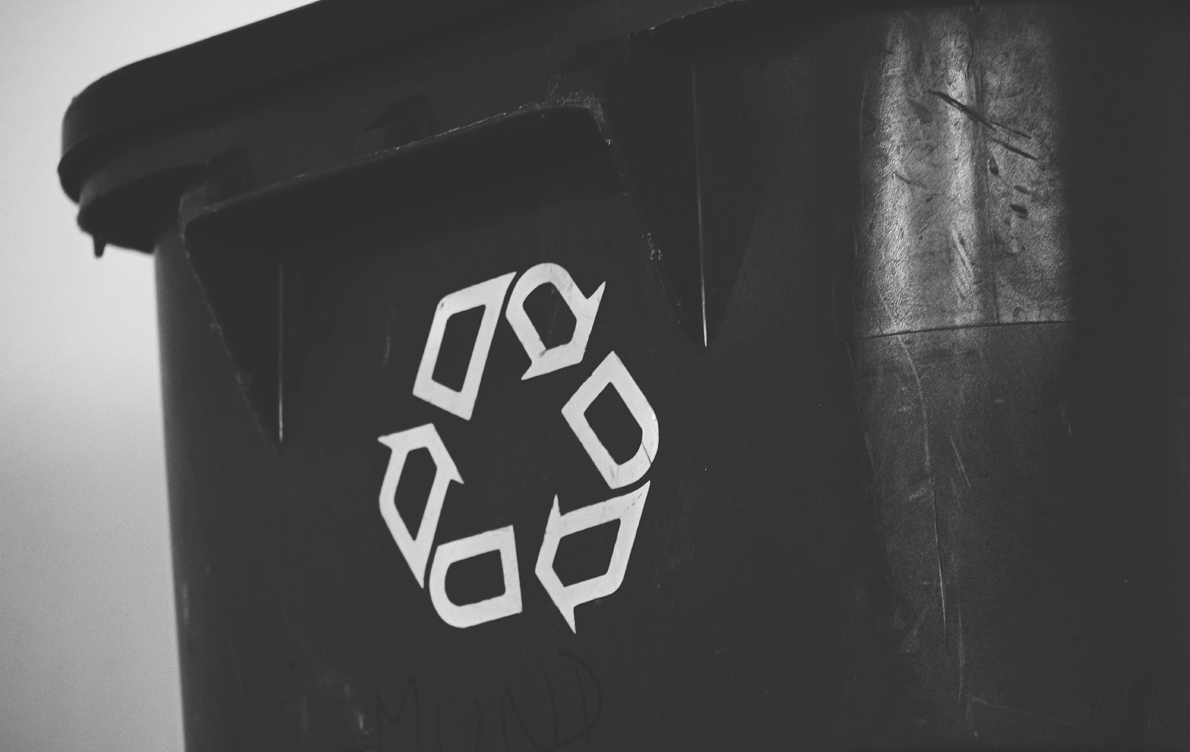Polar Vortex Bearing Down! New Jersey’s Commercial Real Estate Industry Facing Deep Freeze on Transactions

NJDEP Proposes to Require Contract Buyers to Report Contamination Discovered During Diligence BEFORE Deal Closes
In case you missed it, on October 21, 2024, the New Jersey Department of Environmental Protection (NJDEP) proposed a hefty set of amendments to their site remediation regulations to implement the statute commonly known as SRRA 2.0. The comment period deadline of Friday, January 31, 2025 is coming up fast.
The amendments include several important changes to site remediation programs affecting matters such as indoor air remediation, modeling and delineation, remedial action permitting, financial assurance mechanisms, alternative fill uses, etc. These changes warrant close attention for anyone involved with a property subject to remediation. More details are available here.
This blog, however, is all about the really big shake up: believe it or not, NJDEP is proposing to require prospective purchasers to report contamination discovered during diligence to both NJDEP and the seller before the transaction closes. Even more surprising is NJDEP proposes to require any “person” with knowledge of contamination to immediately report to NJDEP. If finalized, this is a fundamental change to how deals are done with significant impacts to marketing, financing, leasing, insuring, redeveloping, and remediating New Jersey properties. The regulated community and its advisors are bracing themselves for the anticipated chilling effects on commercial real estate transactions.
The Proposed Prospective Purchaser Reporting Requirement. The language NJDEP proposes in a brand new section N.J.A.C 7:26C-2.4(a) in the Administrative Requirements for the Remediation of Contaminated Sites (ARRCS) is very straightforward and simply states that when “a person performs … all appropriate inquiry [i.e., due diligence] … and obtains knowledge that a discharge has occurred … on a property, that person shall immediately notify [NJDEP] and shall notify the record owner of the property.” Considering that lawmakers did not explicitly require contract buyers to report diligence findings when SRRA 2.0 was enacted, many argue that this proposed language is inconsistent with the legislative intent.
Many also point out that, with the risk of buyers reporting contamination to NJDEP while a seller still owns the property, sellers will prohibit buyers from conducting diligence sampling. This prohibition would be driven by the well-founded fear that a buyer will walk away and leave seller with a costly unfunded cleanup. Furthermore, impairing the ability of buyers to obtain critical sampling data they need to underwrite a deal will undermine the foundation of brownfield remediation and redevelopment and freeze up the market.
Beyond Prospective Purchaser: Any “Person” Must Report. There is also a new N.J.A.C 7:26C-2.4(c) that states, “whenever a person obtains knowledge that a discharge has occurred at any location on a property, that person shall immediately notify [NJDEP]…” The definition of “person” under ARRCs is very broad, and even broader for enforcement purposes:
“any individual or entity, including, without limitation, a public or private corporation, company, estate, association, society, firm, partnership, joint stock company, foreign individual or entity, interstate agency or authority, the United States and any of its political subdivisions, the State of New Jersey, or any of its political subdivisions, or any of the other meanings which apply to the common understanding of the term. “Person” shall, for the purpose of enforcement, also include a responsible corporate official, which includes a managing member of a limited liability company or a general partner of a partnership.” N.J.A.C. 7:26C-1.3
This catchall language calls into question the reporting obligations of not only prospective purchasers, but anyone involved in a property transaction, especially consultants and lawyers. Not only does it raise questions about reporting obligations of individuals and entities in addition to the purchaser, it would also impair the ability of purchaser’s advisers and agents to counsel on the transaction.
Effects on Real Estate Transactions. This marks a sizable shift in how environmental responsibility is managed in New Jersey and is a significant deviation from standard commercial real estate practices throughout the country. We anticipate far reaching implications for future commercial real estate transactions as well as those deals currently in negotiations and in the pipeline:
- Heightened Reporting Burdens. Buyers and their consultants, including environmental professionals, will face new disclosure obligations, adding complexity to the due diligence process.
- Increased Risk for Purchaser Liability. Sellers may be less inclined to allow Phase II environmental sampling or site investigations, shifting greater risk to the buyer. This could lead to unforeseen liabilities down the line, as well as hindering financing, investing, insurance, and other deal fundamentals.
- More Complex Contracts. The changes will likely trigger more extensive and costly negotiations over purchase agreements, as confidentiality clauses and other standard contract terms may no longer provide the same protections for the parties.
- Financing and Investing Partners. As with any uncertainty or deficit in information, banks and investors may be hesitant to proceed with funding.
- Environmental Insurance. Impairing diligence impairs the ability to get environmental insurance, which has evolved into a successful cost-effective strategy for managing environmental liabilities.
Could This Really Happen? As crazy as it all sounds, NJDEP is signaling they are committed to proceeding with this major policy change. Although there is significant industry pushback, with many members of the regulated community submitting public comments and litigation challenging the new rule after it is finalized largely expected, the timing and ultimate outcome is unknown. It is therefore time for the regulated community to start preparing for the wild wild west of new environmental diligence practices in New Jersey.
Public Comments. Comments are due Friday, January 31, 2025 and can be submitted electronically or by mail to:
Attn: DEP Docket Number: 12-24-09
Office of Legal Affairs
Department of Environmental Protection
401 East State Street, 7th Floor
Mail Code 401-04L
PO Box 402
Trenton, New Jersey 08625-0402
As the law continues to evolve on these matters, please note that this article is current as of date and time of publication and may not reflect subsequent developments. The content and interpretation of the issues addressed herein is subject to change. Cole Schotz P.C. disclaims any and all liability with respect to actions taken or not taken based on any or all of the contents of this publication to the fullest extent permitted by law. This is for general informational purposes and does not constitute legal advice or create an attorney-client relationship. Do not act or refrain from acting upon the information contained in this publication without obtaining legal, financial and tax advice. For further information, please do not hesitate to reach out to your firm contact or to any of the attorneys listed in this publication.
Join Our Mailing List
Stay up to date with the latest insights, events, and more




